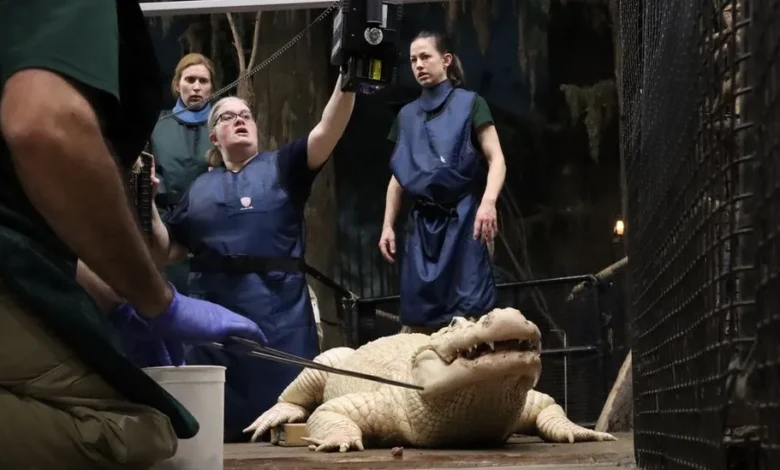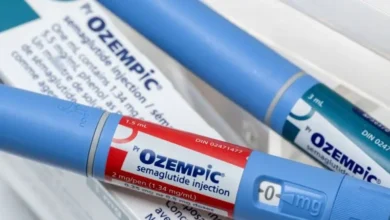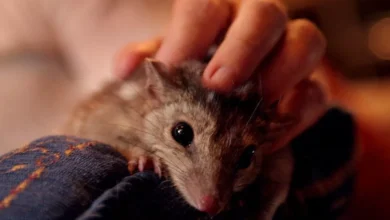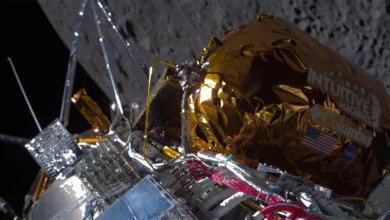Nebraska zoo extracts 70 coins from white alligator’s stomach

An alligator at a US zoo had to undergo surgery after veterinarians discovered 70 coins in the animal’s stomach.
The coins were found in a rare, 36-year-old leucistic alligator, which has translucent white skin and blue eyes.
Veterinarians identified “metal foreign objects in the stomach of an iconic resident” – Thibodaux.
The Henry Doorly Zoo and Aquarium in Omaha, Nebraska said patrons threw coins into the enclosure, which were eaten by the animal between cleanings.
He has recovered from the procedure and is back in his habitat.
The zoo urged visitors to avoid throwing “coins into any bodies of water at the zoo”, after the sizeable amount of change was pulled from the animal’s stomach.
All 10 alligators – including Thibodaux – participated in a routine examination which involved blood collection, radiographs and more.
When zoo workers discovered the coins, they acted fast and performed surgery on Thursday, removing the coins from Thibodaux “before they caused any problems”.
“With the help of his training, Thibodaux was anesthetized and intubated to allow us to safely manage him during the procedure,” associate veterinarian Christina Ploog, who led the procedure, said in a statement.
“A plastic pipe was placed to protect his mouth and safely pass the tools used to access the coins, such as a camera that helped us guide the retrieval of these objects.”
The zoo said in a statement that X-ray imaging confirmed that the objects were successfully removed, adding that “Thibodaux recovered well from the procedure”.
Taylor Yaw, director of animal health at the zoo, said the procedure is not “common”.
Ms Ploog told a local news outlet that people do not realise how coins can harm animals. She said not only could animals ingest the coins, but they could also contain dangerous chemicals.
The zoo answered one concerned person online who asked if the coins get swept up by the zoo.
“We do routine cleanings in the habitats of this area and throughout the zoo,” the zoo wrote on Facebook. “In between cleanings is when our alligators still manage to get them before they are removed.”










